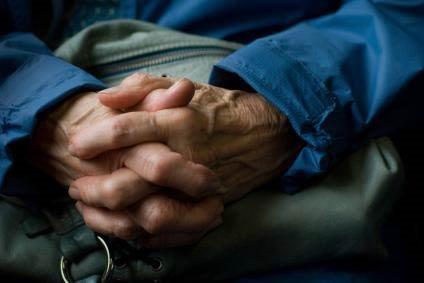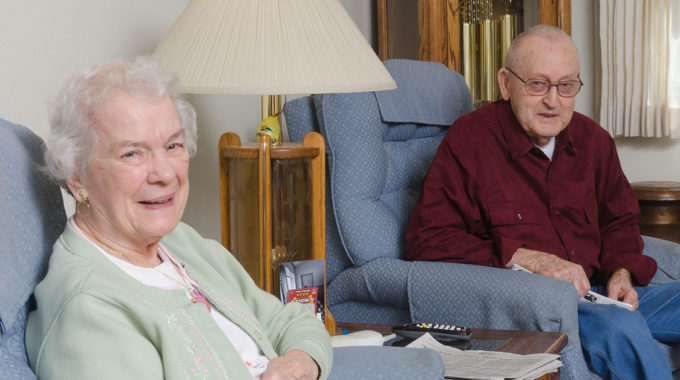
What Matters Most at the End of Life
As we’ve covered before, hospice care is usually different – quite a lot more different – than most casual observers expect. It receives limited attention from the media, which means it remains, for the most part, an obscure topic to the general public.
That applies just as much for palliative care, which literally translated means care that provides relief without curing. To simplify the relationship, try to remember that all hospice is palliative care, but not all palliative care is hospice. Hospice is the portion of palliative care that specifically refers to end-of-life care. More broadly, palliative care is about improving quality of life, which is the definition that brings us to today’s short video clip.
In the eye-opening TED Talk featured below, physician BJ Miller discusses “what really matters at the end of life,” contrasting the prevailing view of providing healthcare at this difficult time with the way he works at his organization, Zen Hospice Project.
“You don’t have to be dying anytime soon to benefit from palliative care,” says Miller, who believes that a shift in perspective is required as our society becomes better at helping preceding generations to live longer
From the Zen Hospice mission statement:
“Our mission is to help change the experience of dying. We create a space for living that offers the opportunity for individuals, their loved ones and caregivers to find comfort, connection, and healing in this shared human experience. Through our pioneering model of care, we inspire each other to live fully.”
When a resident passes away, Miller explains that employees and others pause as the individual leaves. They are encouraged to share a story or memory about the person, then sprinkle the coffin with flower petals. This is in stark contrast to the sterile environment of a hospital, which necessitates distance, even numbness, by its very design. He compares the two with the terms anesthetic and aesthetic; the hospital side of care being heavily slanted towards tangible care, while the hospice perspective errs towards the intangible concept of comfort through care, where cures are exhausted.
Most importantly, this talk sets the conversation around end of life care more in terms of relieving the patient, in a sense of moving them to a state of being unburdened. As dynamic and moving as Miller’s talk is, that sense of peace has always been at the heart of hospice care. With more advocates like him, that concept will be much more familiar to the general public.
Update: For more on this subject, listen to BJ Miller on the popular Tim Ferriss podcast here.





